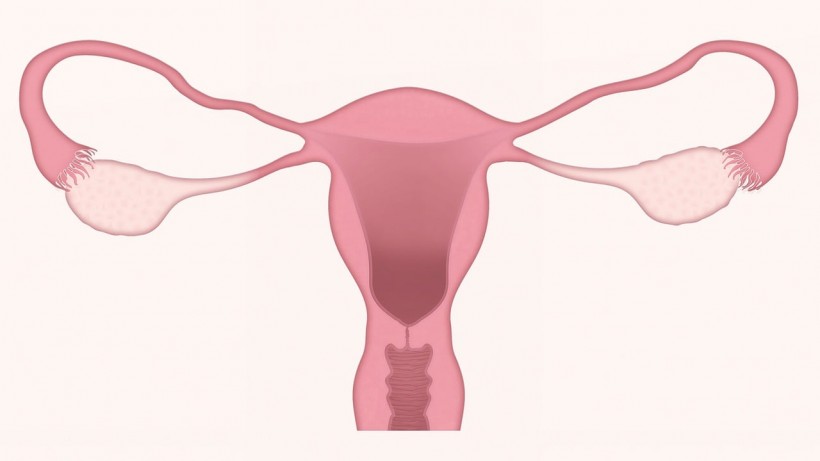A study has discovered that common immunization among women could significantly prevent cervical cancer from developing.
HPV Vaccinations Could Prevent Cervical Cancer
The study "Invasive cervical cancer incidence following bivalent human papillomavirus vaccination: a population-based observational study of age at immunization, dose, and deprivation" discovered that women who were recipients of human papillomavirus (HPV) vaccinations had remarkably lower chances of developing cervical cancer.
HPV is a prevalent STI, or sexually transmitted infection, that accounts for nearly all cervical cancer cases. All over the world, it is the fourth-most common cancer cause for women.
The scientists examined immunization as well as cancer registry data from hundreds of thousands of females in Scotland, with ages ranging from 28 to 36 years old. They looked into their status of HPV vaccination, including dosage count and immunization age. They also looked into the socioeconomic status of these women.
The study discovered that no women who received immunization at 12 or 13 years of age developed invasive cervical cancer. This was regardless of the dosage counts they underwent.
Moreover, females who received vaccinations at 14 to 22 years of age and were given three dosages exhibited significantly reduced rates of cancer incidence. This was compared to females who were not vaccinated.
Women who were from disadvantaged or deprived areas in Scotland were found to have a higher likelihood of getting cervical cancer. However, they also had a more positive response to the vaccine compared to women from areas that are more advantaged.
In Australia, one HPV vaccine dose is free for individuals who are 12 and 13 years of age. The vaccine is typically offered through immunization programs held in schools.
For teenagers who miss getting vaccinated, they can get a free catch-up until they reach 26 years of age.
ALSO READ: Cervical Cancer Screening Approaches are Lacking and Too Much for Women at the Same Time, Study Says
Cervical Cancer
Cervical cancer refers to tumor cell growth that begins in the cervix, which is the lower portion of the uterus that links to the vagina.
Most cases of cervical cancer are caused by various HPV strains. In cases of HPV exposure, the immune system typically stops the virus from causing any harm. However, among some individuals, the virus could survive for years. This contributes to the mechanisms at work that could lead to the formation of cancer cells from cervical cells.
Cervical cancer risk can be reduced through screening tests and HPV vaccines.
When cervical cancer arises, it is typically treated first through surgery. This is done so that the cancer can be removed. Other treatments include cancer-killing medications, and options may also include targeted therapy medicines as well as chemotherapy or radiation therapy.
RELATED ARTICLE: Transition from Pap Smear to HPV Test for Better Cervical Cancer Prevention Slow in Ontario, Concerns Doctors
Check out more news and information on Medicine & Health in Science Times.




![Earth's Quasi-Moon Kamo‘oalewa Could Originate From Lunar Surface Not Asteroid Belt [Study]](https://1721181113.rsc.cdn77.org/data/thumbs/full/53275/89/56/50/40/earths-quasi-moon-kamo-oalewa-could-originate-from-lunar-surface-not-asteroid-belt-study.png)










